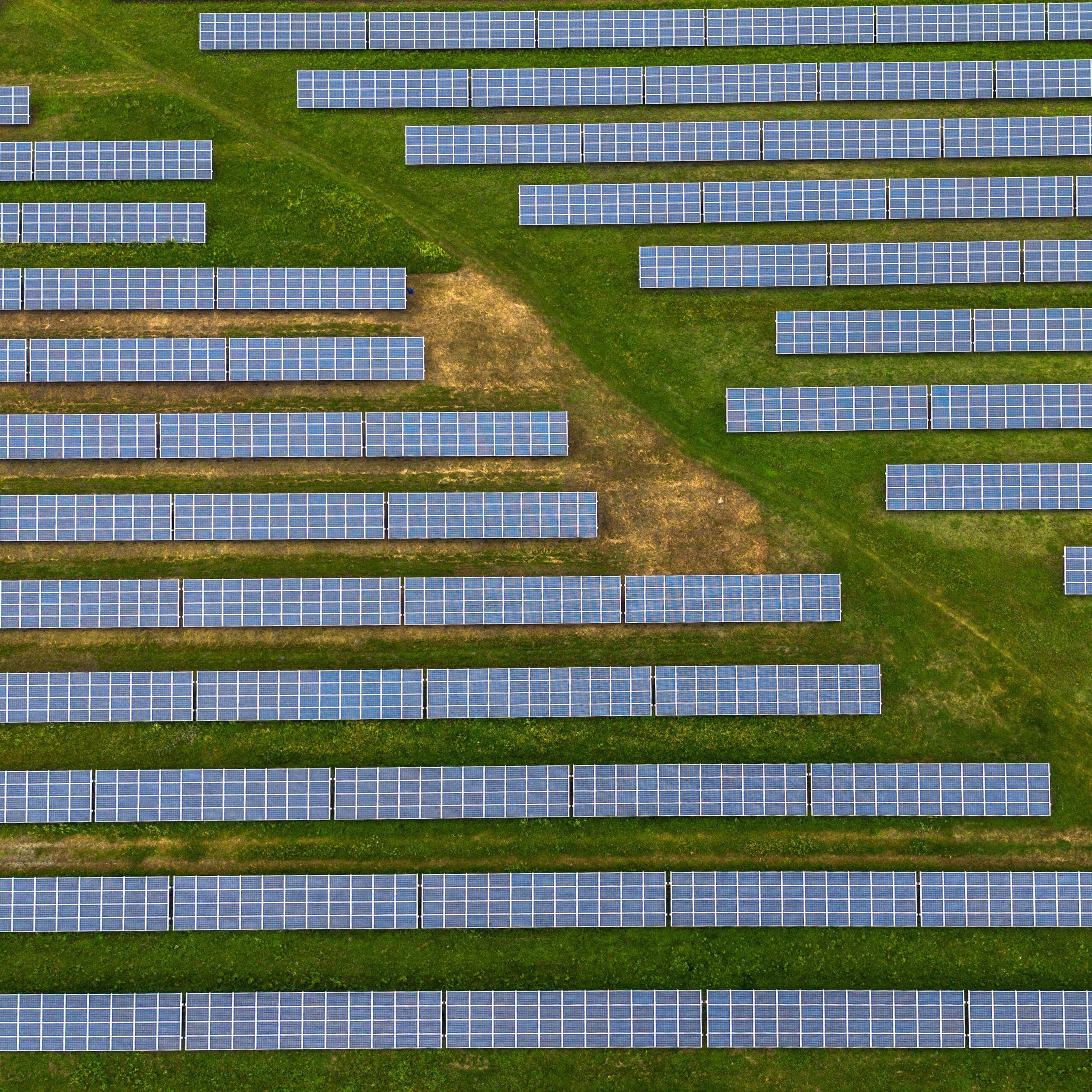
Mars-a-lago? Did the red planet once have sandy beaches?
Loading player...
The Mars we know now is arid and dusty, with punishing radiation levels. But, as science correspondent Nicola Davis tells Madeleine Finlay, two new studies add weight to the idea that billions of years ago the red planet was a much wetter place. Nicola explains why researchers now think it was once home to sandy beaches, what a study looking into the type of rust on the planet has revealed about its damp past, and what all this might tell us about the former habitability of Mars. Help support our independent journalism at theguardian.com/sciencepod





